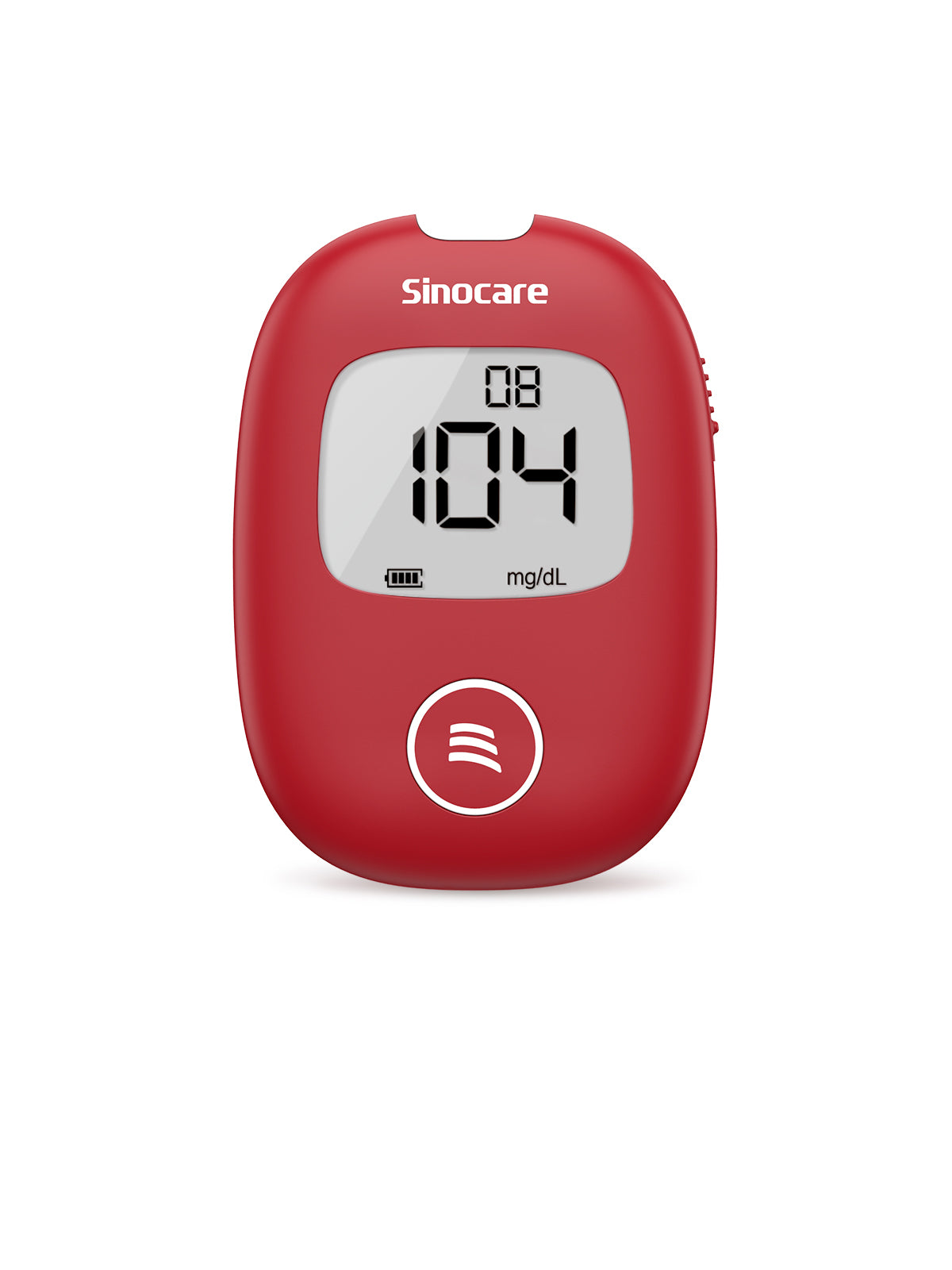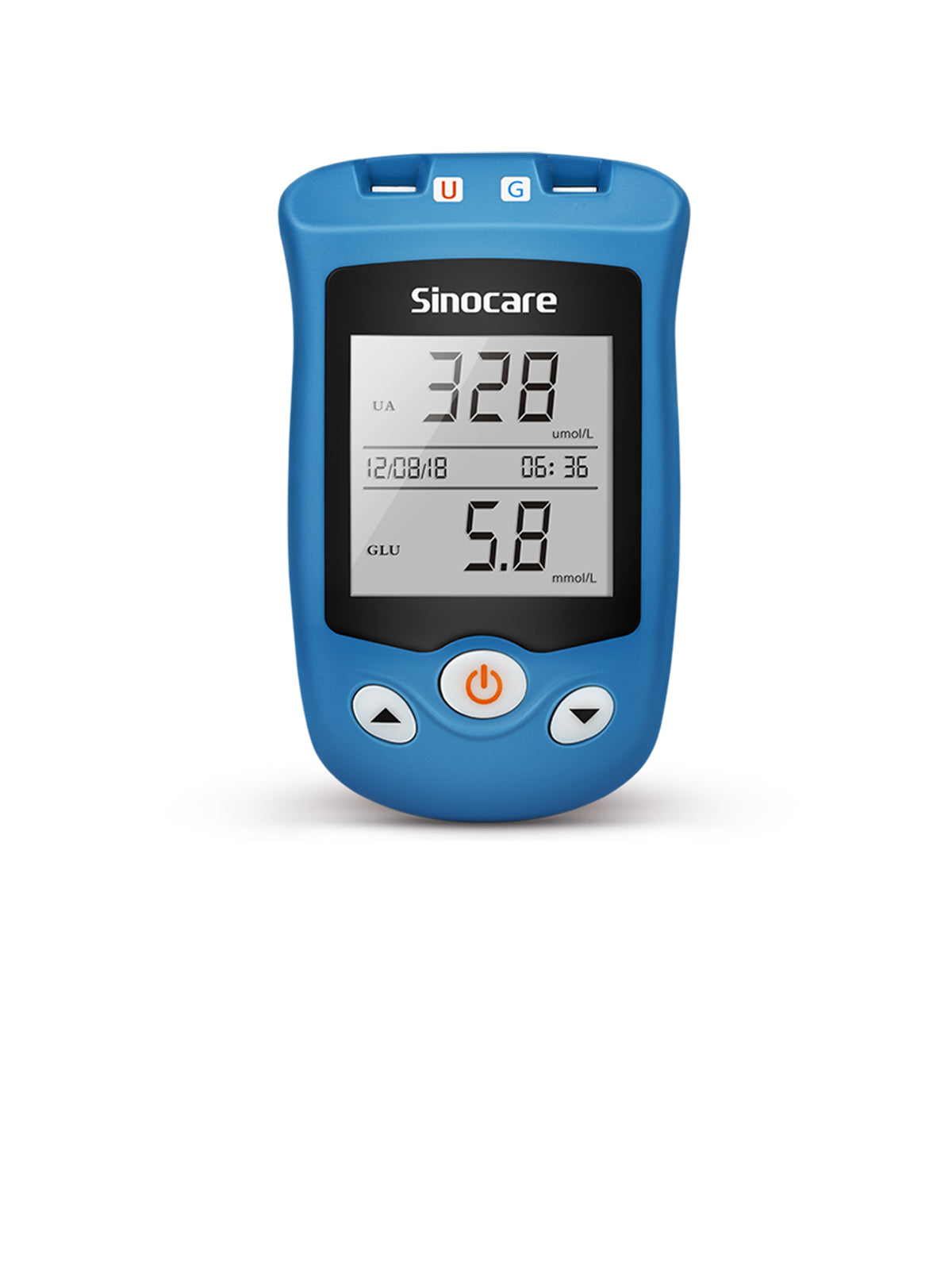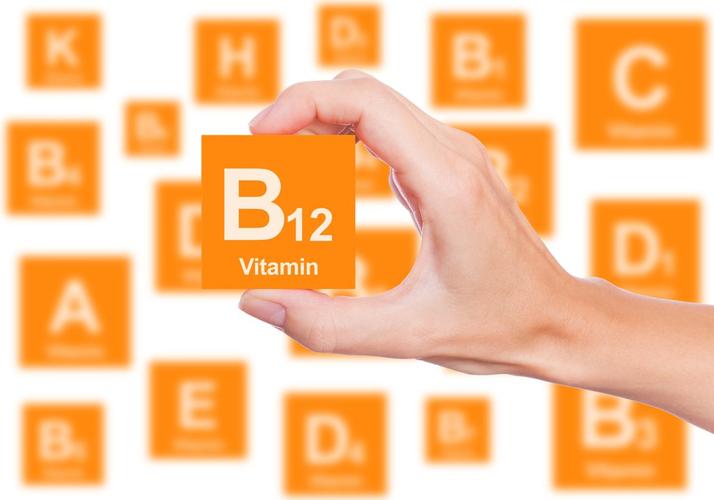Navigating life with diabetes involves a delicate balance of monitoring blood sugar levels, maintaining a healthy lifestyle, and often, relying on medications to manage the condition. Amidst these considerations, the significance of adequate nutrition, including essential vitamins like B12, should not be overlooked.

About vitamin B12
Vitamin B12 is a water-soluble vitamin and the only B-complex vitamin that contains a metal element. It serves various functions, primarily participating in the metabolism of proteins, fats, and carbohydrates. It also facilitates the maturation and division of red blood cells, maintaining normal hematopoietic function in the body.
Although vitamin B12 is involved in bodily functions, the human body cannot synthesize it on its own. Such vitamins are commonly found in animal organs and meat and egg-based foods.
Generally, the levels of vitamin B12 in individuals with diabetes tend to be lower compared to the general population. This is mainly because individuals with diabetes often have dietary restrictions, especially regarding the intake of foods rich in vitamin B12 such as meat and eggs. Some individuals with diabetes even follow a vegan diet, leading to nutritional deficiencies in vitamin B12.
Additionally, the antidiabetic medication metformin can potentially cause vitamin B12 deficiency. Individuals with diabetes who take metformin for an extended period need to constantly monitor their vitamin B12 levels.
How to supplement vitamin B12?
Dietary adjustments
For individuals with imbalanced diets who have been diagnosed with vitamin B12 deficiency, dietary adjustments can be an effective treatment method. For instance, long-term vegetarians should increase their intake of meat, eggs, and dairy products. It's important to control overall calorie intake. Additionally, it's essential to note that avoiding meat doesn't necessarily aid in blood sugar control. Therefore, individuals should make informed food choices to avoid dietary pitfalls.
For patients who cannot consume large amounts of meat, adopting a strategy of smaller, more frequent meals can gradually improve dietary structure.

Oral Supplements
For individuals who are long-term users of metformin, dietary adjustments alone may not be sufficient, and additional vitamin B12 supplementation is necessary. This method allows for faster replenishment of the body's vitamin needs and protects the patient's nervous system. In cases where vitamin B12 deficiency has reached a severe level, under the guidance of a doctor, supplementation through injections may be required.
Of course, the specific method and dosage of supplementation should be tailored to each individual's circumstances.
After starting supplementation, it's important to regularly monitor serum vitamin B12 levels to prevent excessive supplementation. For patients who are on long-term antidiabetic medication, it's advisable to undergo regular checks. Awareness of vitamin B12 deficiency is still relatively low, so it's important not to miss the optimal treatment window.
If any discomfort arises, it's crucial to seek medical attention at a reputable hospital and consult with a doctor for guidance on proper medication usage.
Final thoughts
In conclusion, adequate vitamin B12 supplementation is crucial for individuals with diabetes to maintain overall health and effectively manage their condition. Given the propensity for lower B12 levels among diabetes patients due to dietary restrictions and medication use, it's essential to address any deficiency promptly. Whether through dietary adjustments or oral supplements, tailored approaches are necessary to meet individual needs.










Commenta
Nota che i commenti devono essere approvati prima di essere pubblicati.
Questo sito è protetto da hCaptcha e applica le Norme sulla privacy e i Termini di servizio di hCaptcha.